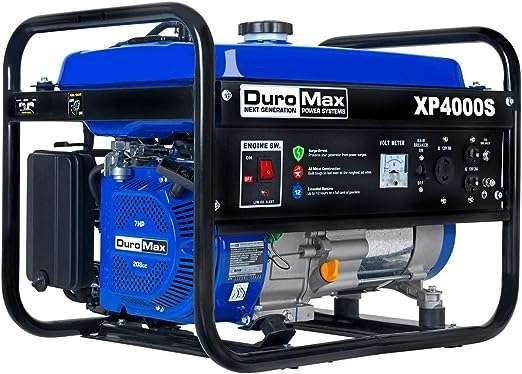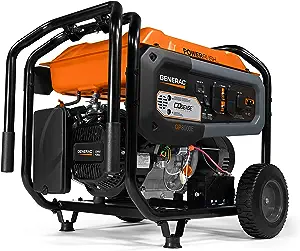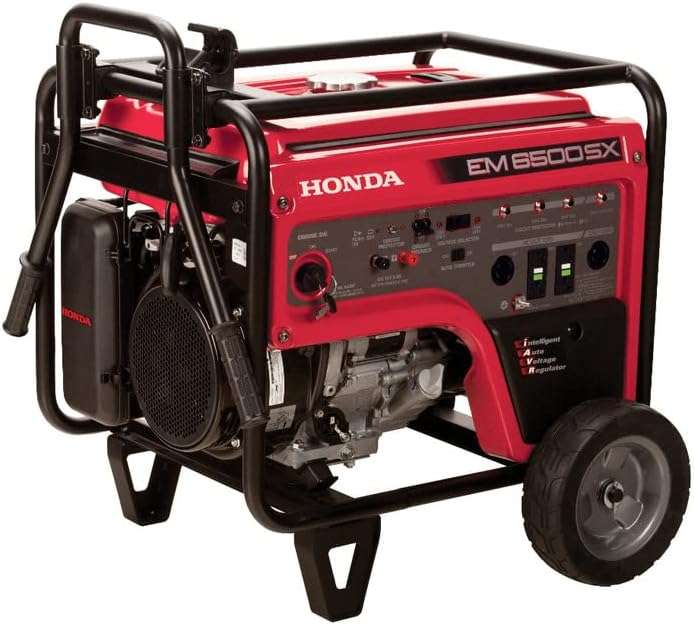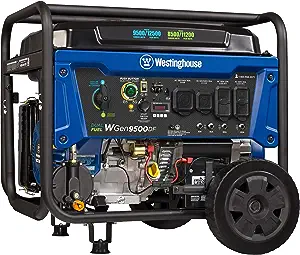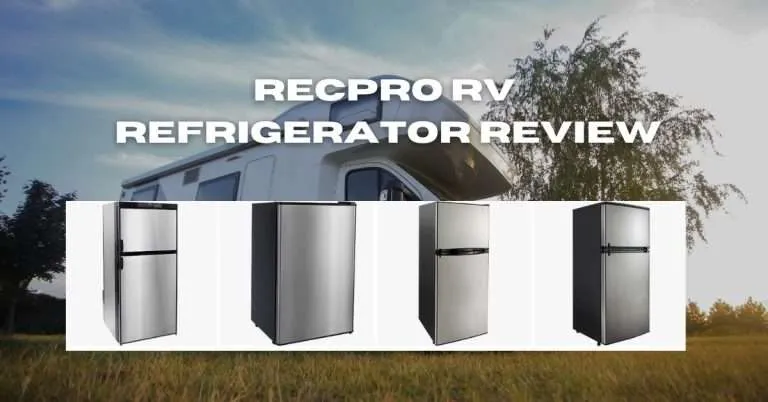What Will a 4000 Watt Generator Run: Comprehensive Power Guide
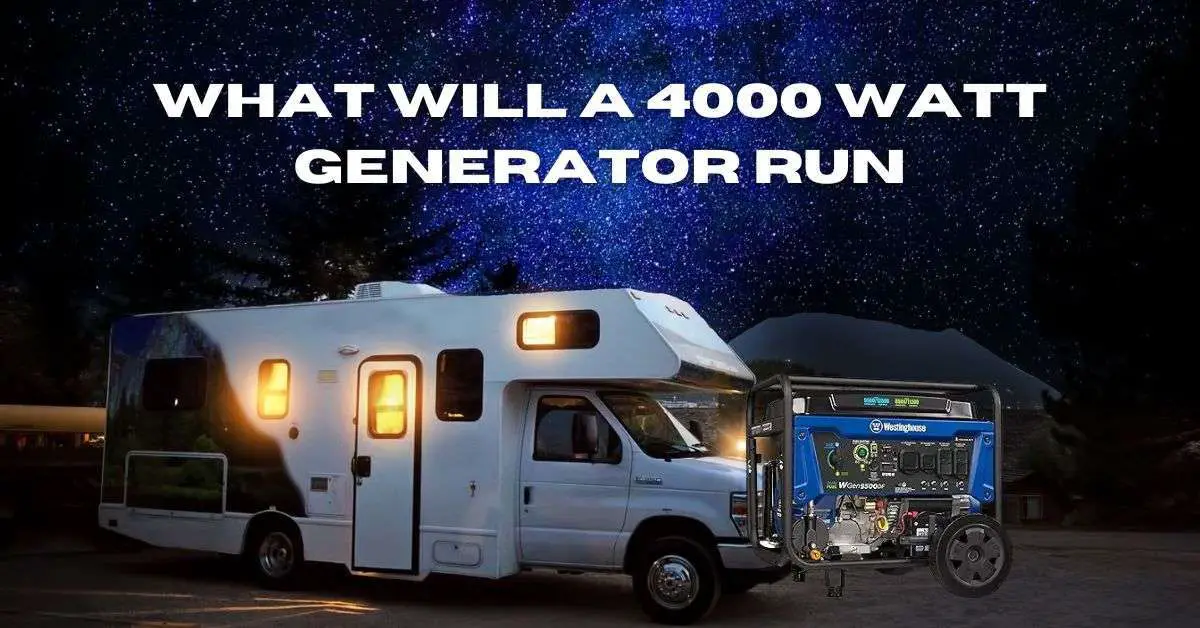
Last updated on August 13th, 2024 at 12:23 am
If you’re like me 2 years ago, you might not have a clue about these generators, so We’ll Dive into what a 4000 watt generator can run, as well as explore the capabilities of generators with different wattages, such as an 8000-watt generator, a 6500-watt generator, and even a robust 12000-watt generator.
If you’re in the market for a generator, chances are you’re no stranger to power outages and the inconvenience they bring. A generator can be a lifesaver during these times, but it’s crucial to choose the right size to meet your needs.
But before we dive into the specifics, let’s understand the basics of generator power and how to determine the right generator size for your unique requirements.
Understanding Generator Wattage
Generators are rated by their wattage, which determines the amount of electrical power they can provide. The higher the wattage, the more appliances and devices a generator can run simultaneously. To make an informed decision, you need to consider the following factors:
1. Total Load Calculation
Before investing in a generator, it’s essential to calculate your total power requirements. Start by making a list of all the appliances and devices you want to power during an outage. For each item, note its wattage rating. You can usually find this information on a label or in the owner’s manual.
2. Starting vs. Running Wattage
Some appliances, like refrigerators and air conditioners, require extra power when they start up, known as starting wattage. This is usually higher than their continuous running wattage. When sizing your generator, ensure it can handle the starting wattage of your most power-hungry appliances.
3. Sizing Your Generator
Now that you have a list of appliances and their wattages, add up the running wattages to determine your generator’s continuous load. To account for starting wattages, include the highest starting wattage from your list. This total will guide you in selecting the appropriate generator size.
What Will a 4000 Watt Generator Run?
A 4000-watt generator is a versatile choice that can power a range of essential appliances during an outage. Here’s a breakdown of what you can expect a generator of this size to handle:
Our Pick
1. Refrigerator
A typical refrigerator requires between 800 to 1200 watts to run continuously. A 4000-watt generator can easily handle this load while leaving room for other appliances.
2. Lights and Electronics
You can power multiple lights, laptops, and small electronic devices with a 4000-watt generator. These items typically consume 20-100 watts each, depending on their type and usage.
3. Microwave Oven
A microwave typically requires around 1000 to 1500 watts, making it compatible with a 4000-watt generator. However, keep in mind that using the microwave concurrently with other high-wattage appliances may overload the generator.
4. Sump Pump
If you have a sump pump for basement drainage, it may require 800 to 1300 watts. A 4000-watt generator provides sufficient power to keep your basement dry during a storm.
5. Power Tools
For occasional use, a 4000-watt generator can run power tools like drills, saws, and sanders. Check the wattage requirements of your specific tools to ensure they are compatible.
Summary:
A 4000 watt generator can run a wide range of household appliances, power tools, and camping equipment. It can handle tasks such as running a small window AC unit, operating a fridge with a freezer, powering a small well pump, operating a washing machine, brewing coffee, microwaving food, running a dishwasher, using a pressure cooker, toasting bread, watching TV, vacuuming, and utilizing a couple of power tools.
Going Bigger: What Will an 8000 Watt Generator Run?
If you’re looking for a generator with more capacity, an 8000-watt generator is a substantial step up. It can handle all the appliances and devices mentioned earlier with ease, and you’ll have additional power for larger items. Here’s what you can expect from an 8000-watt generator:
Our Pick
1. Air Conditioner
One significant advantage of an 8000-watt generator is its ability to power an air conditioner. Central air conditioners typically require 2000 to 4000 watts to operate. With an 8000-watt generator, you can stay cool during hot summer outages.
2. Water Heater
If you have an electric water heater, it may need around 3000 to 4500 watts. An 8000-watt generator can keep your hot water flowing, ensuring your comfort even in extended power outages.
3. Well Pump
A well pump can be essential for providing water to your home. Most well pumps require 1500 to 4000 watts, making them compatible with an 8000-watt generator.
4. Electric Range
Cooking during a power outage is possible with an 8000-watt generator. Electric ranges typically need 3000 to 6000 watts, depending on the number of burners and features.
The Versatile 6500 Watt Generator
A 6500-watt generator strikes a balance between smaller and larger units. It’s a popular choice for homeowners who want to power a broad range of appliances and devices. Here’s what you can expect from a 6500-watt generator:
Our Pick
1. All the Essentials
Similar to a 4000-watt generator, a 6500-watt generator can handle essential appliances like refrigerators, lights, electronics, and microwave ovens. It’s a versatile choice for short to moderate power outages.
2. Power Tools and Additional Appliances
With its higher wattage, a 6500-watt generator can also simultaneously support power tools and additional appliances. This makes it suitable for homeowners with a workshop or a higher demand for electricity.
3. Partial Home Comfort
While not as powerful as an 8000-watt generator, a 6500-watt unit can power a few larger appliances, such as a well pump or a smaller air conditioner, depending on their wattage requirements.
The Mighty 12000 Watt Generator
If you’re seeking a generator that can power your entire home without compromise, a 12000-watt generator is the way to go. This robust unit offers an impressive range of capabilities:
Our Pick
1. Whole-Home Coverage
With 12000 watts at your disposal, you can power all essential appliances simultaneously. This includes your refrigerator, lights, electronics, microwave, sump pump, and more.
2. Central Air Conditioning
A 12000-watt generator can handle central air conditioning units with ease. You’ll stay comfortable in extreme weather conditions.
3. High-Wattage Appliances
Do you have high-wattage appliances like electric ranges, well pumps, or water heaters? A 12000-watt generator ensures that these power-hungry devices continue to operate during an outage.
Choosing the Right Generator
Selecting the right generator that suits your specific needs during a power outage is crucial. Whether it’s a 4000-watt, 8000-watt, 6500-watt, or 12000-watt generator, understanding your wattage requirements is essential for making an informed decision.
I need to remember that while a generator can provide me with essential power during emergencies, I must ensure proper maintenance and take necessary safety precautions. I should always follow the manufacturer’s guidelines for installation, operation, and maintenance.
Knowing which appliances a generator can handle based on its wattage is crucial for ensuring your comfort and safety during power outages. So, whether you go for a 4000-watt generator, an 8000-watt generator, a 6500-watt generator, or a powerful 12000-watt generator, just make sure it fits your specific power requirements. And if you’re unsure, don’t hesitate to seek advice from a pro who can assist you in making the right selection for your home.
- Best 12V Portable Camping Fridge - August 13, 2024
- How to Insulate Slides on an RV - February 8, 2024
- How Much Water Does an RV Use Per Day? Understanding Your Daily Consumption - February 8, 2024

